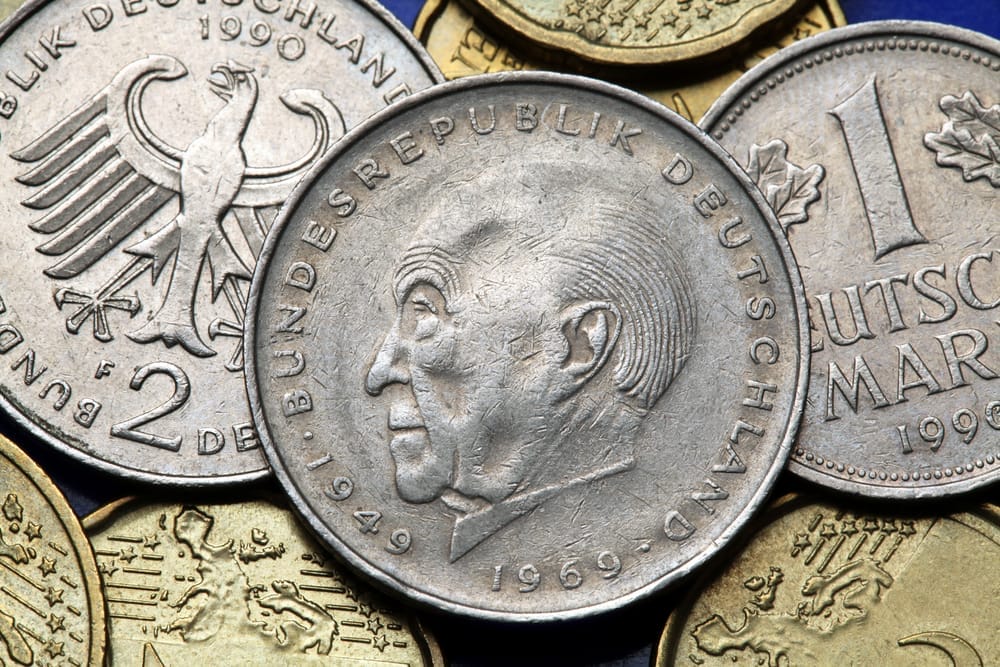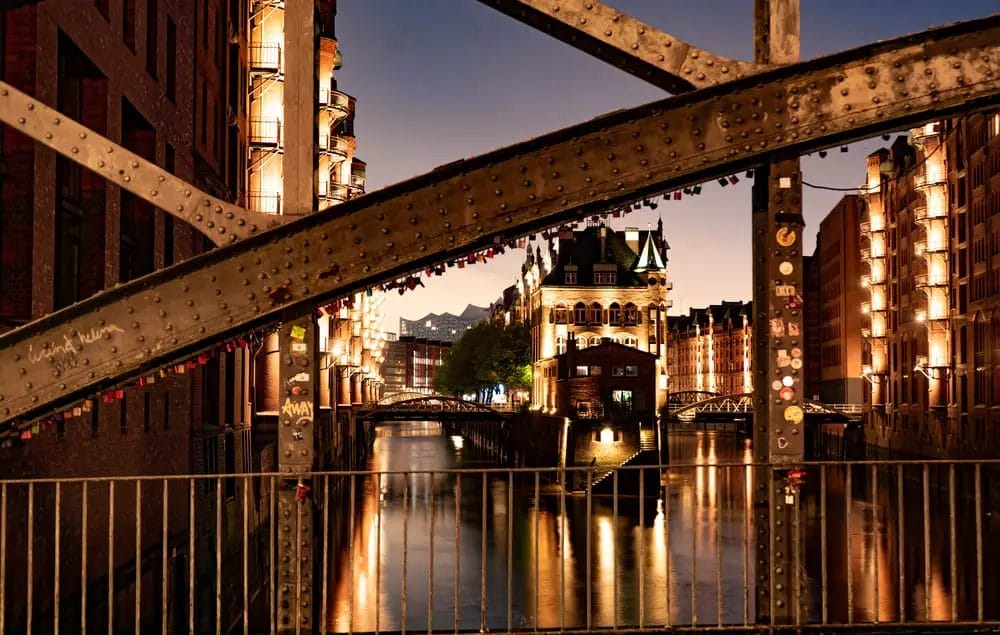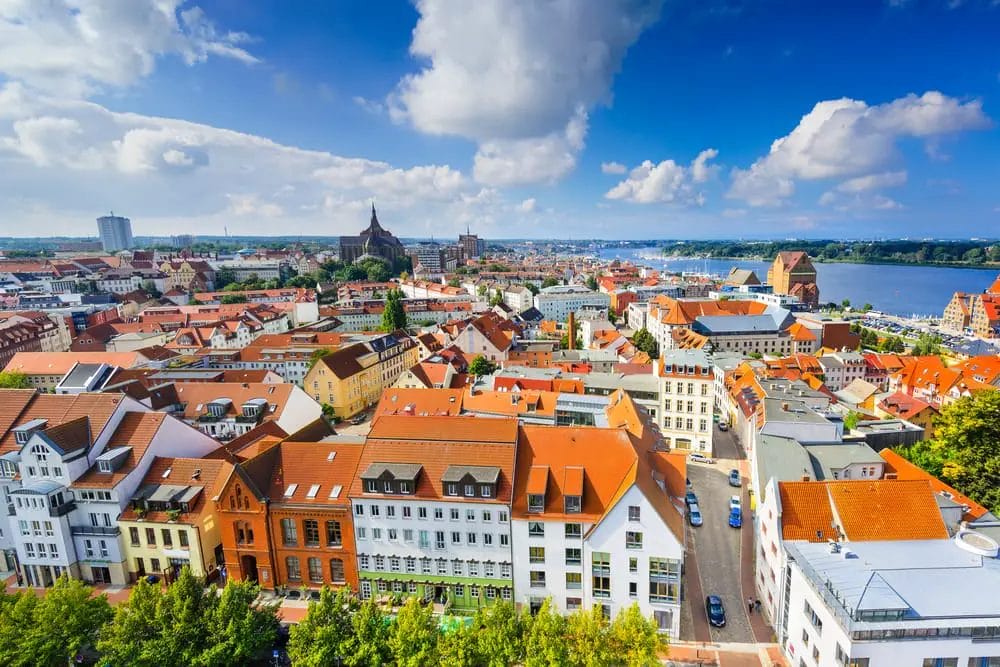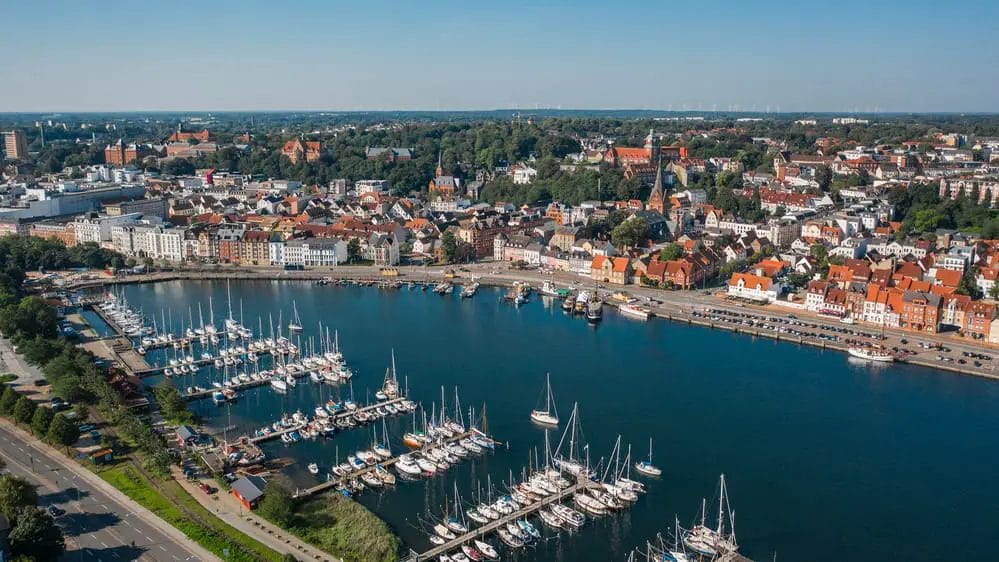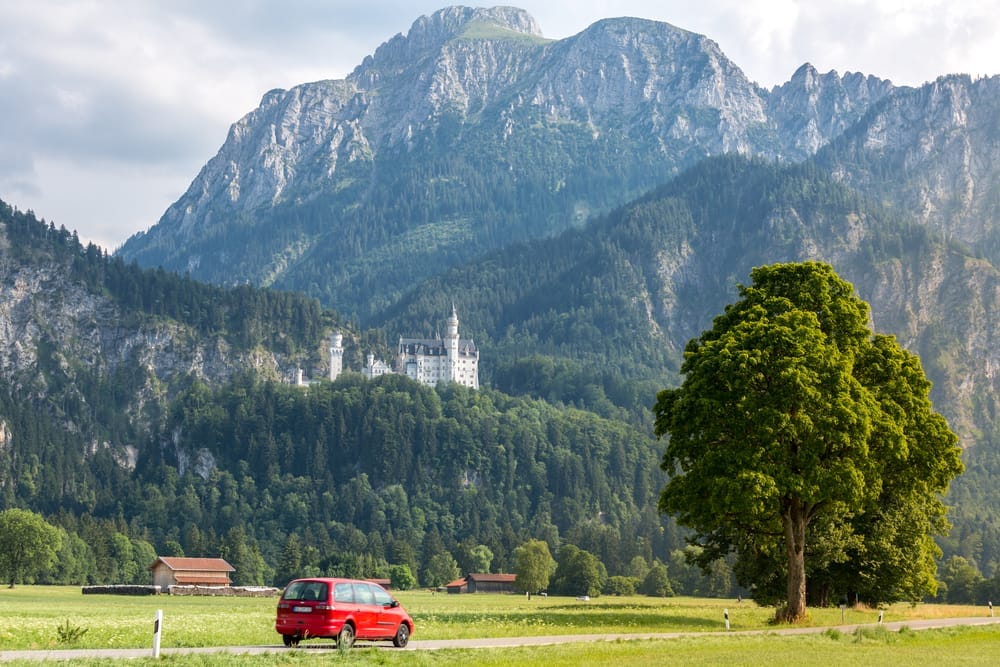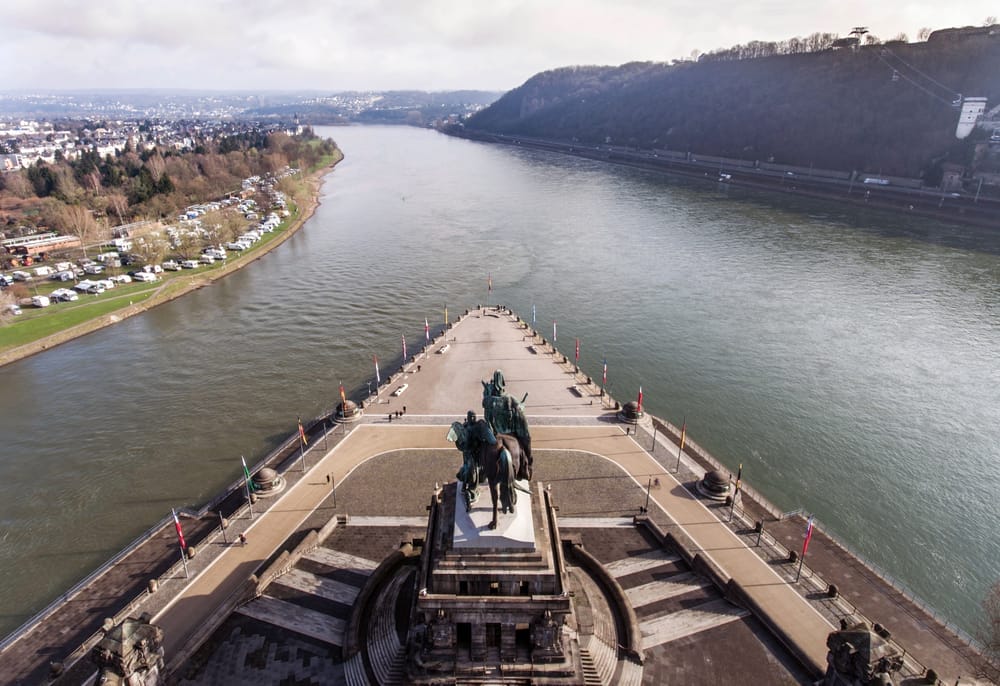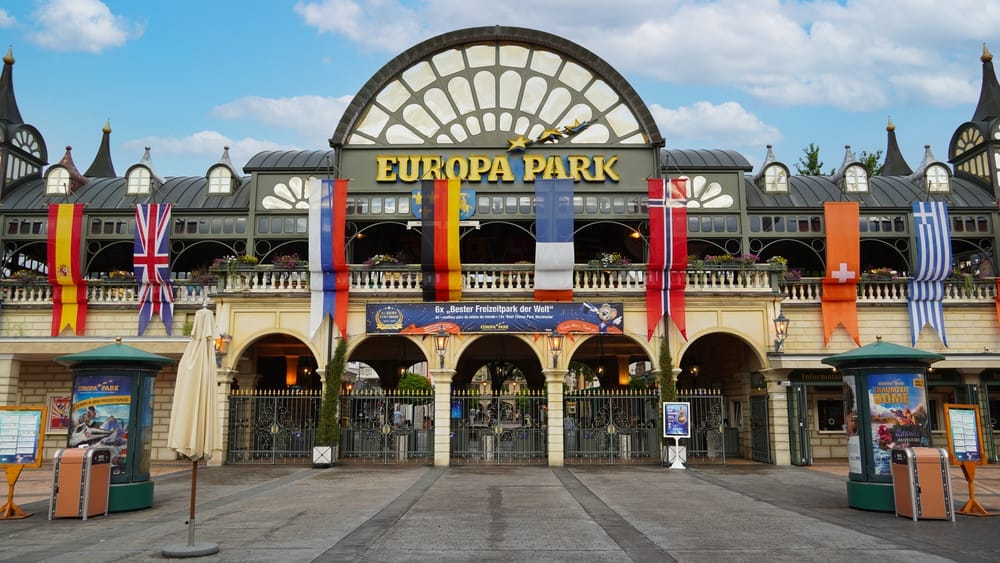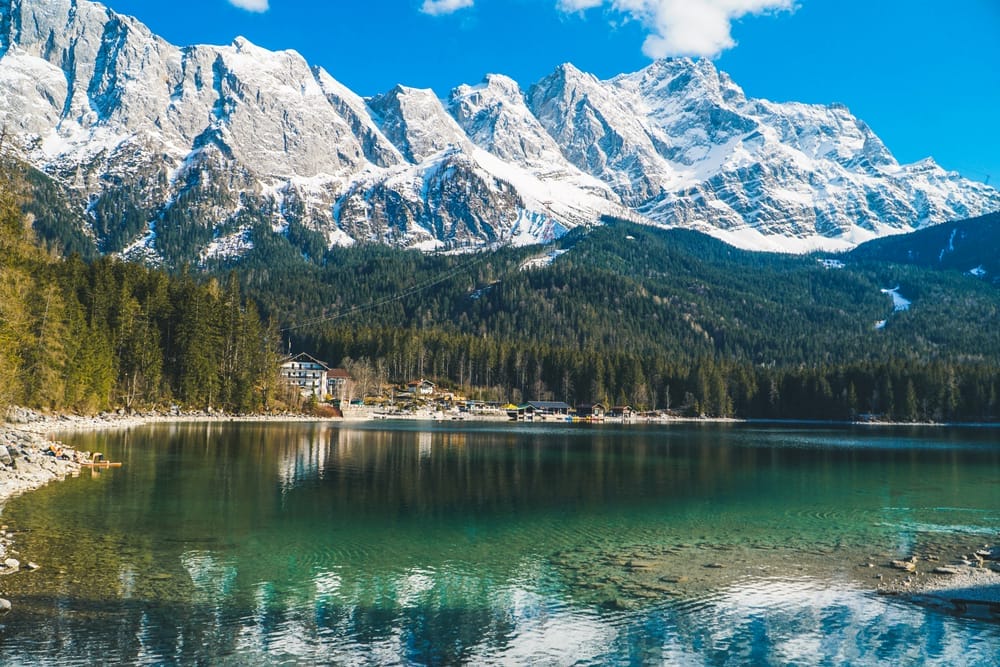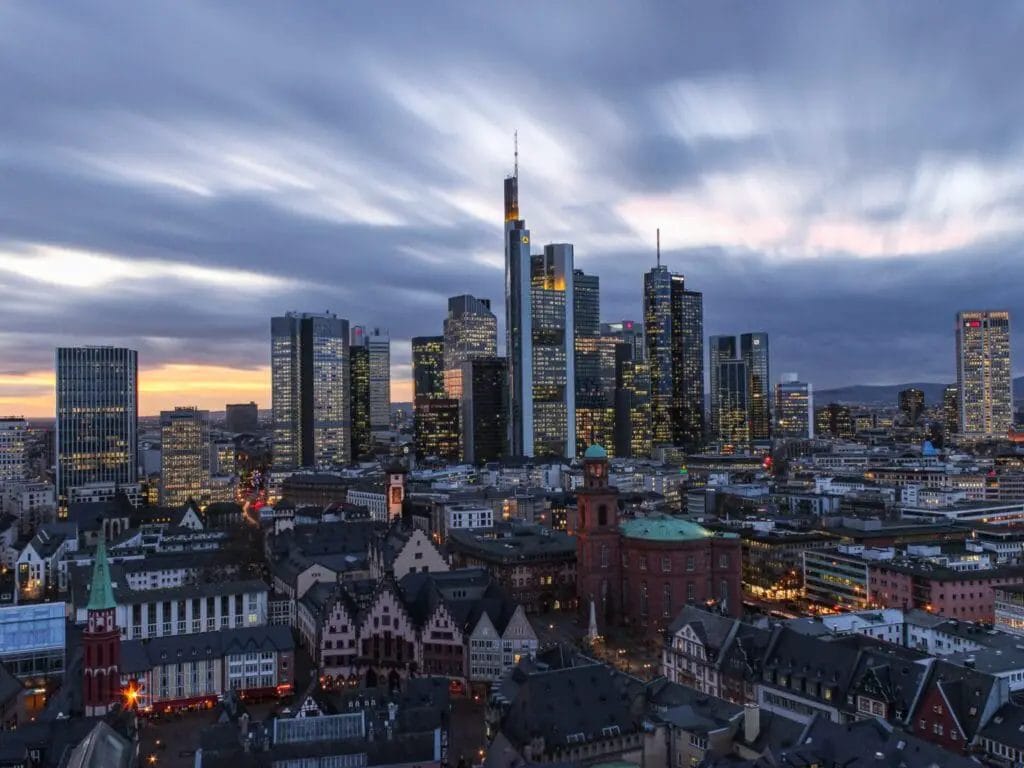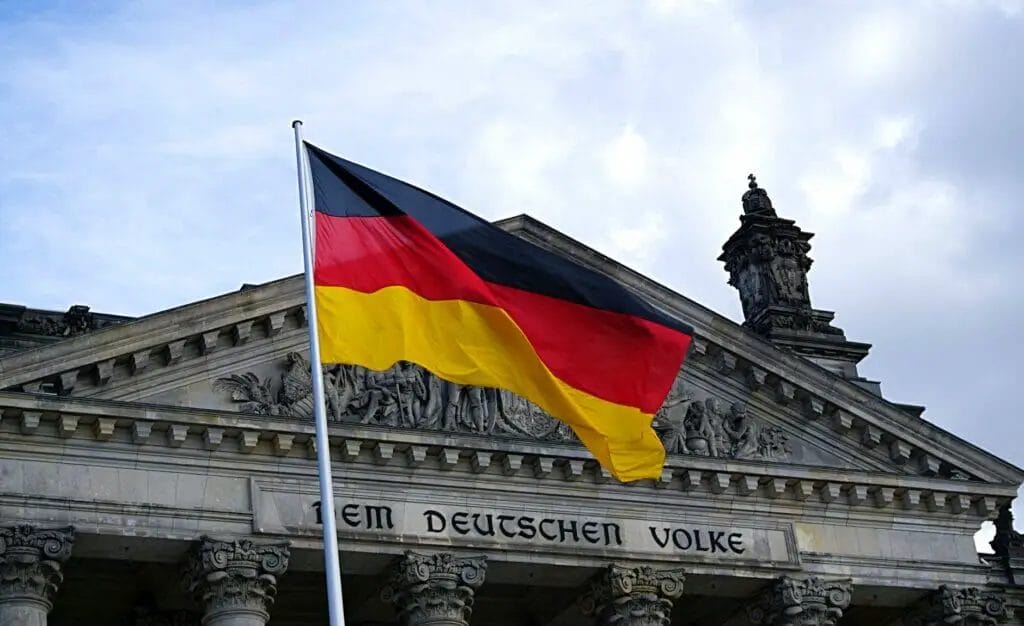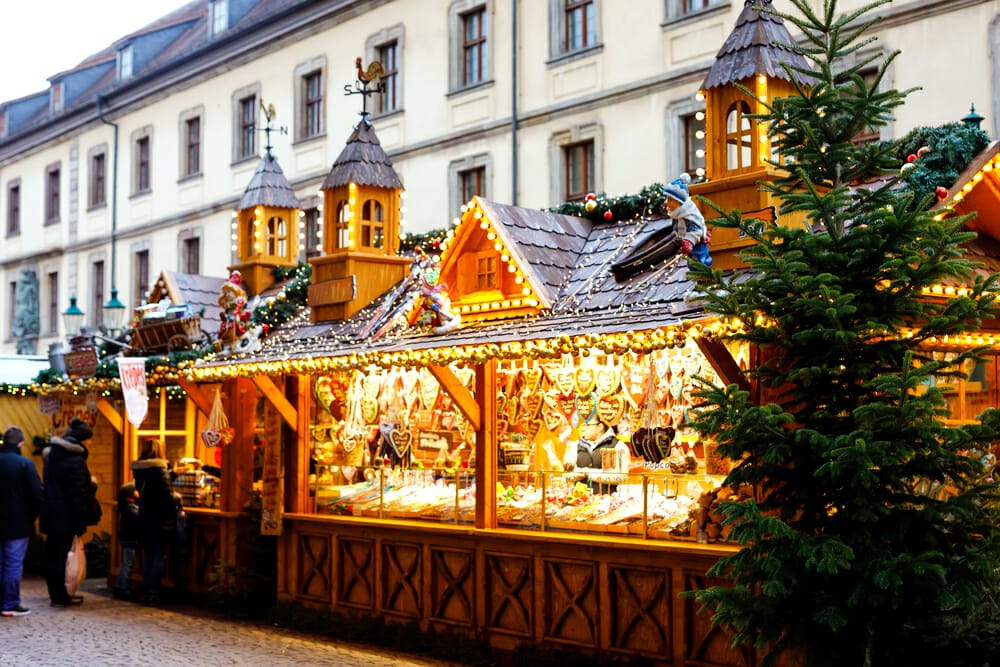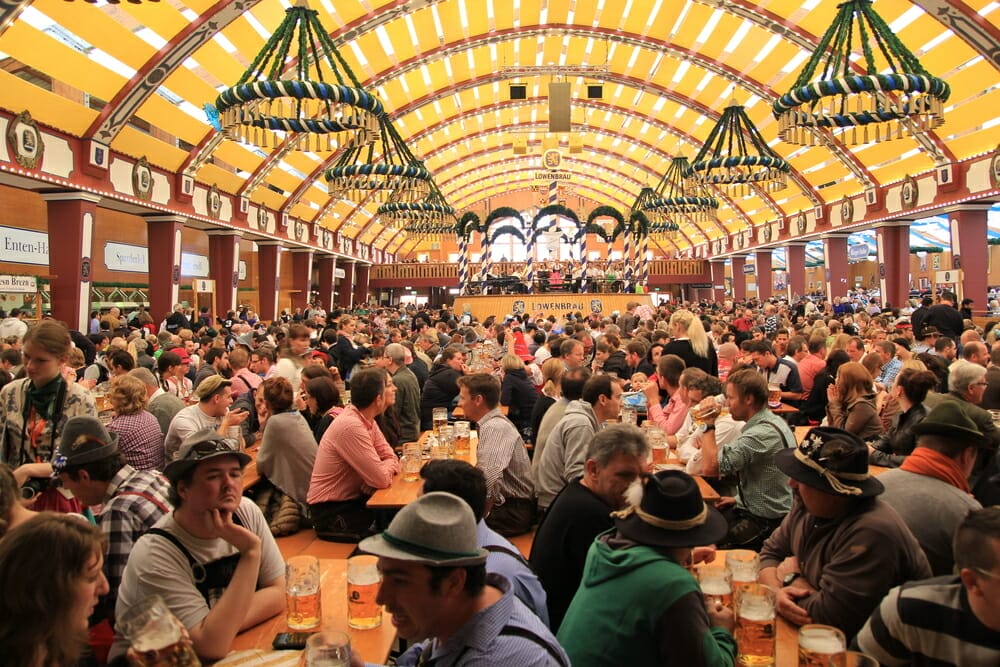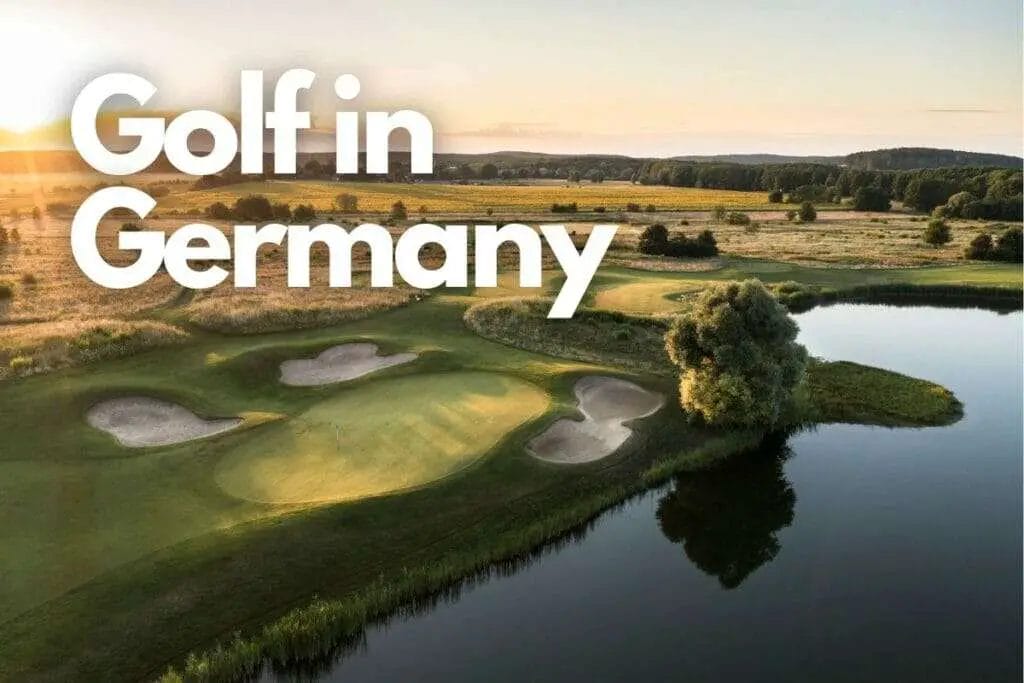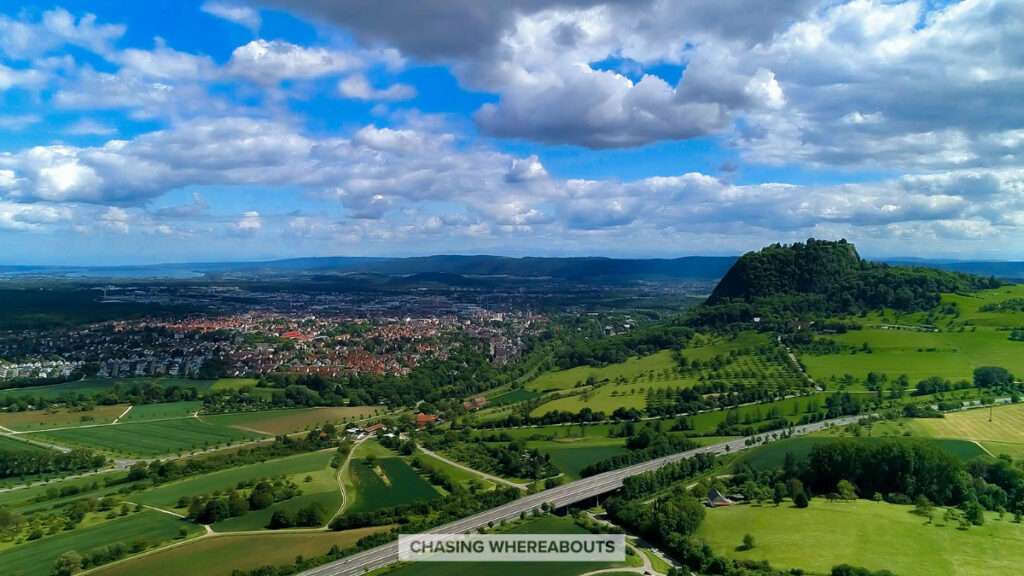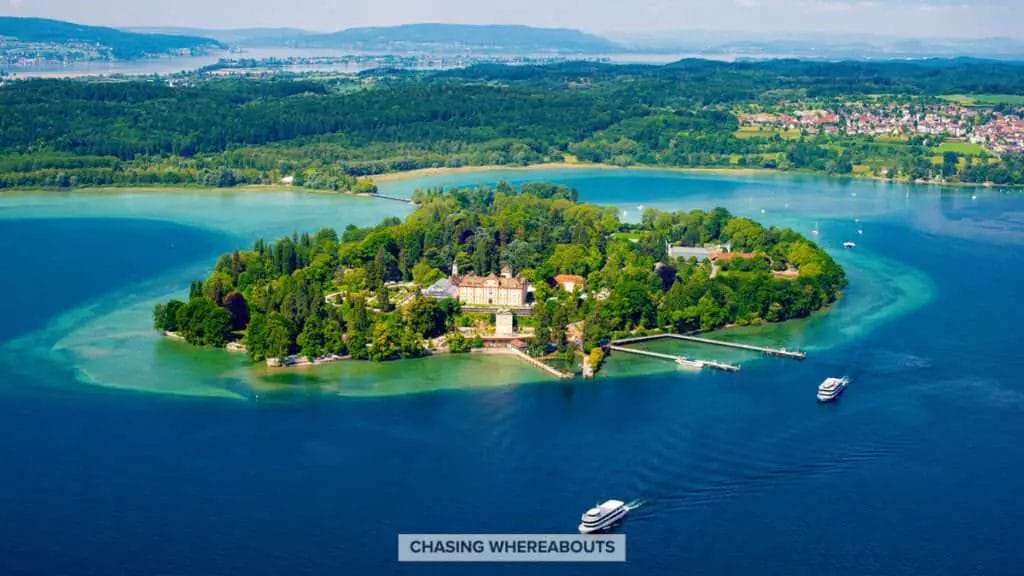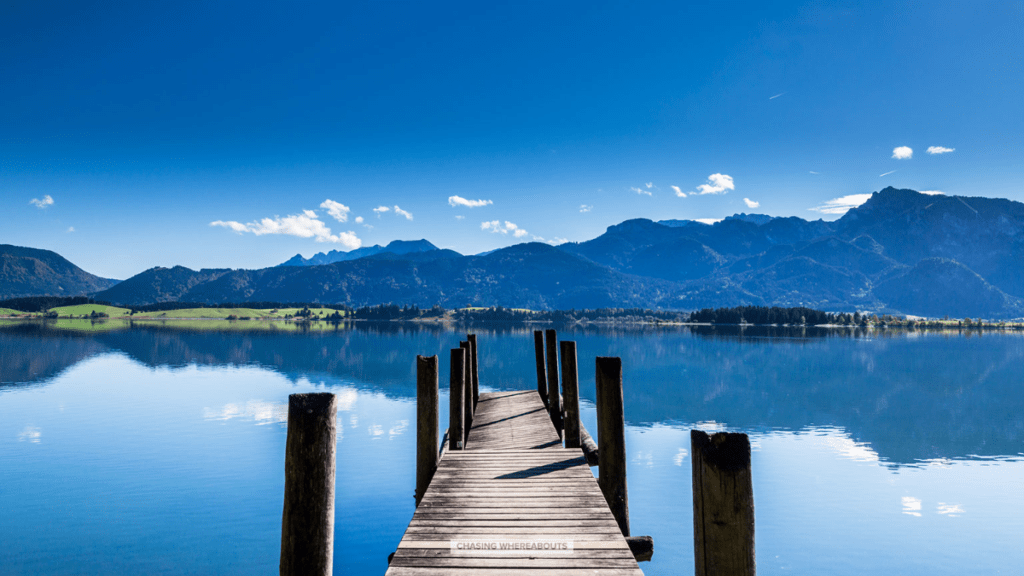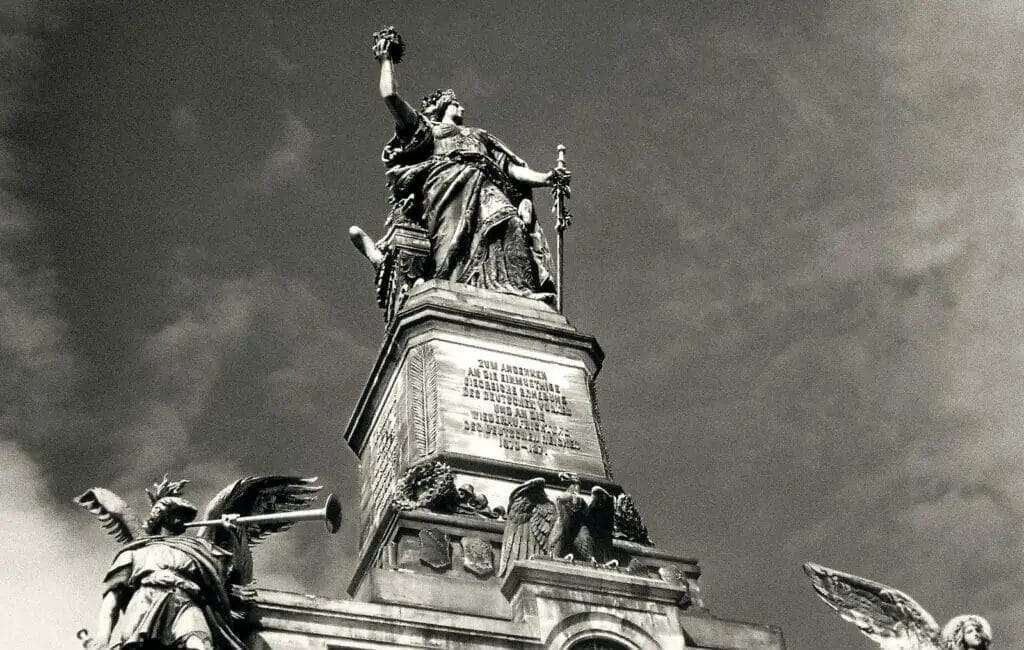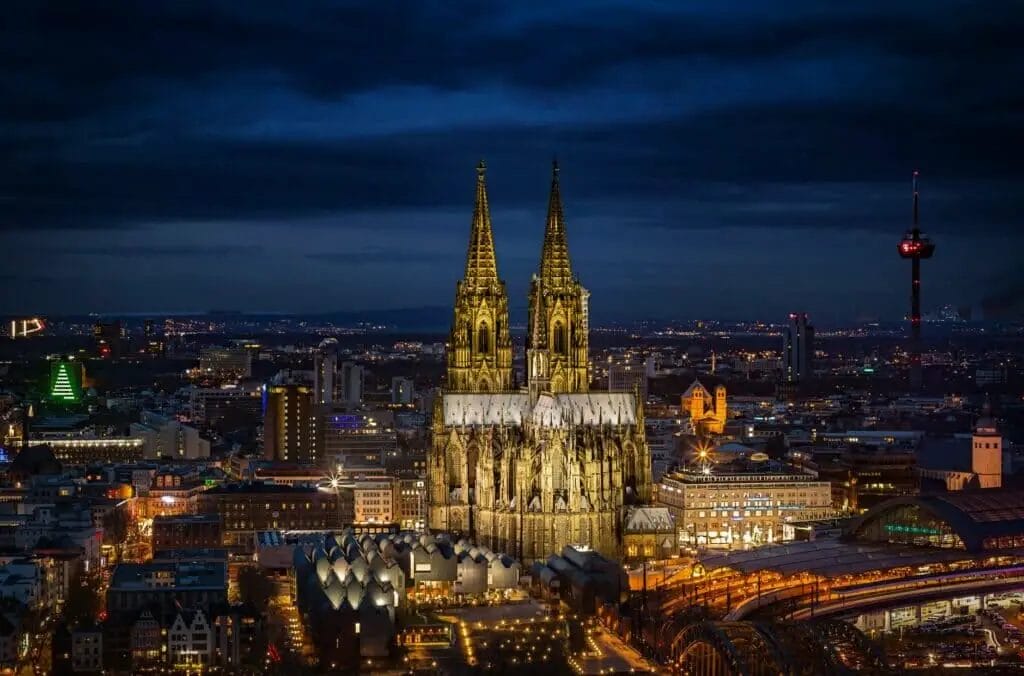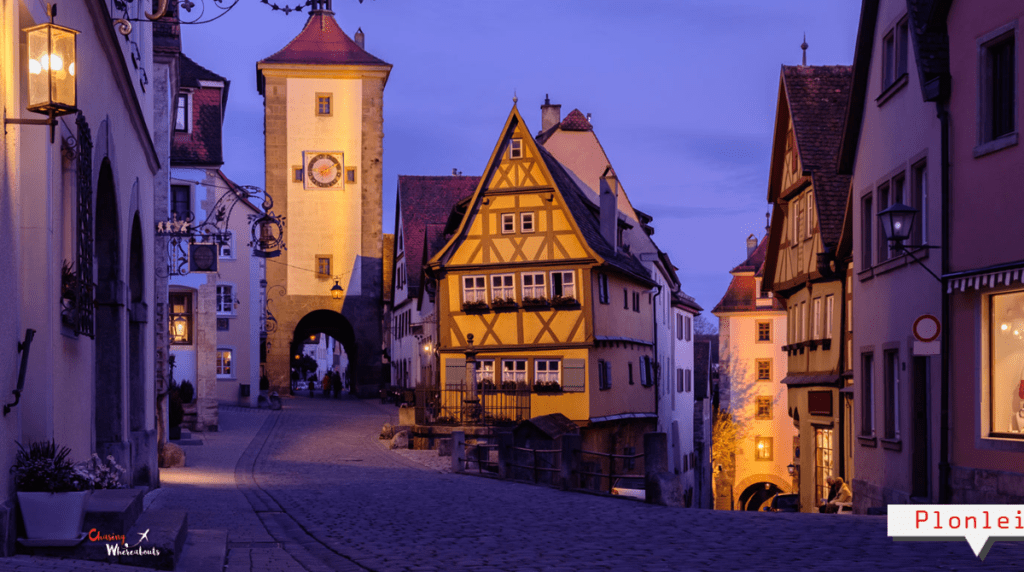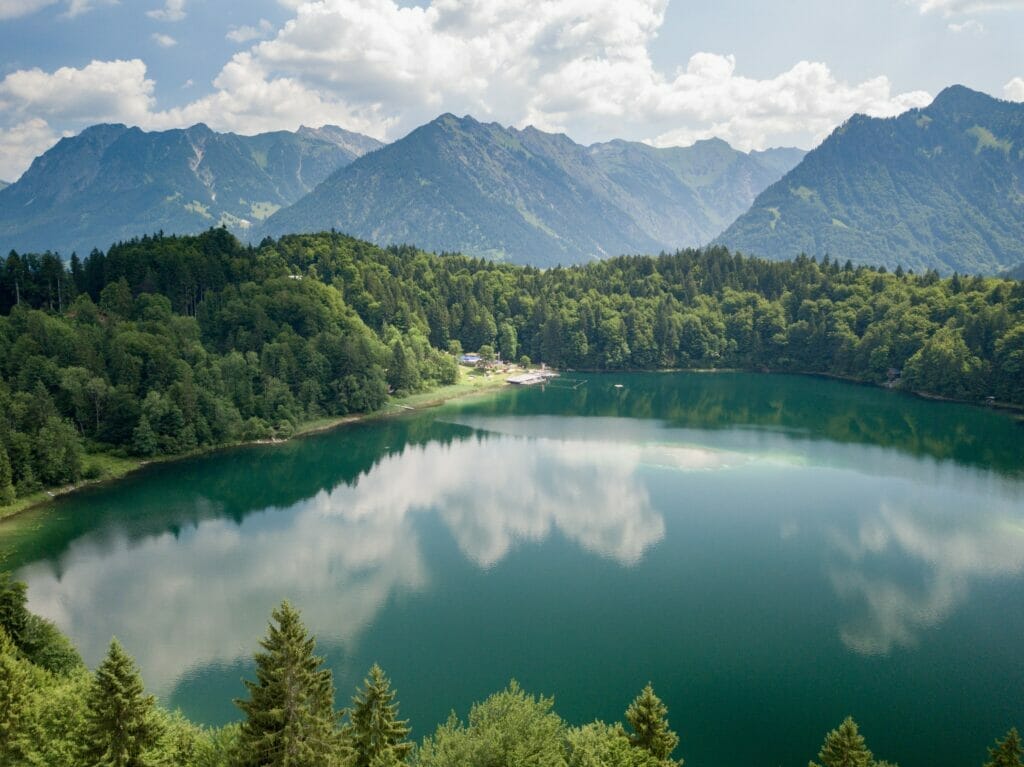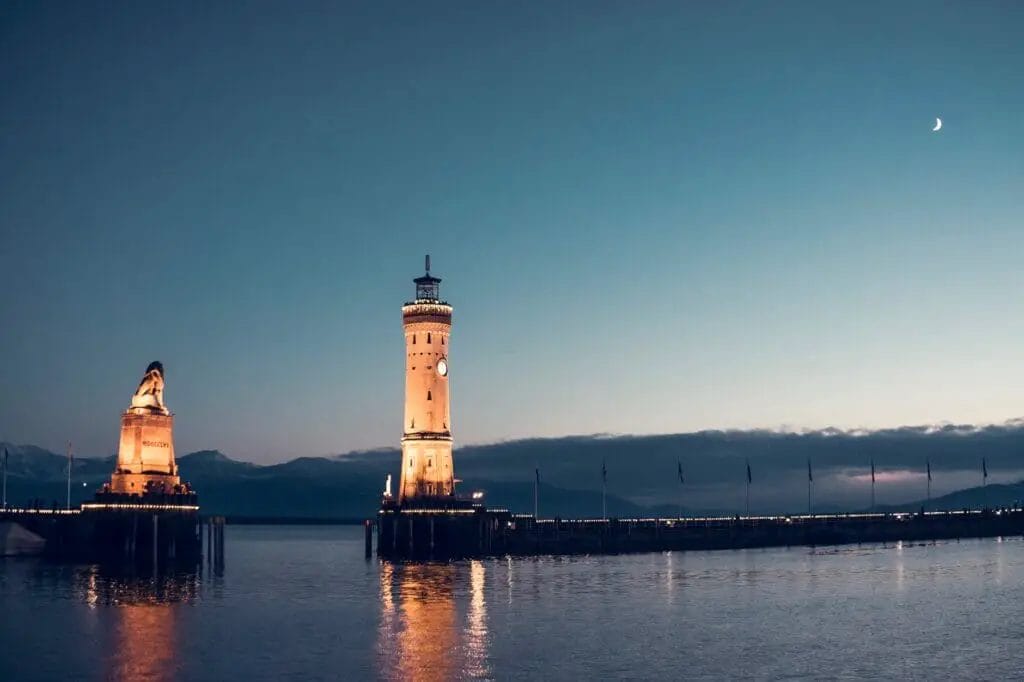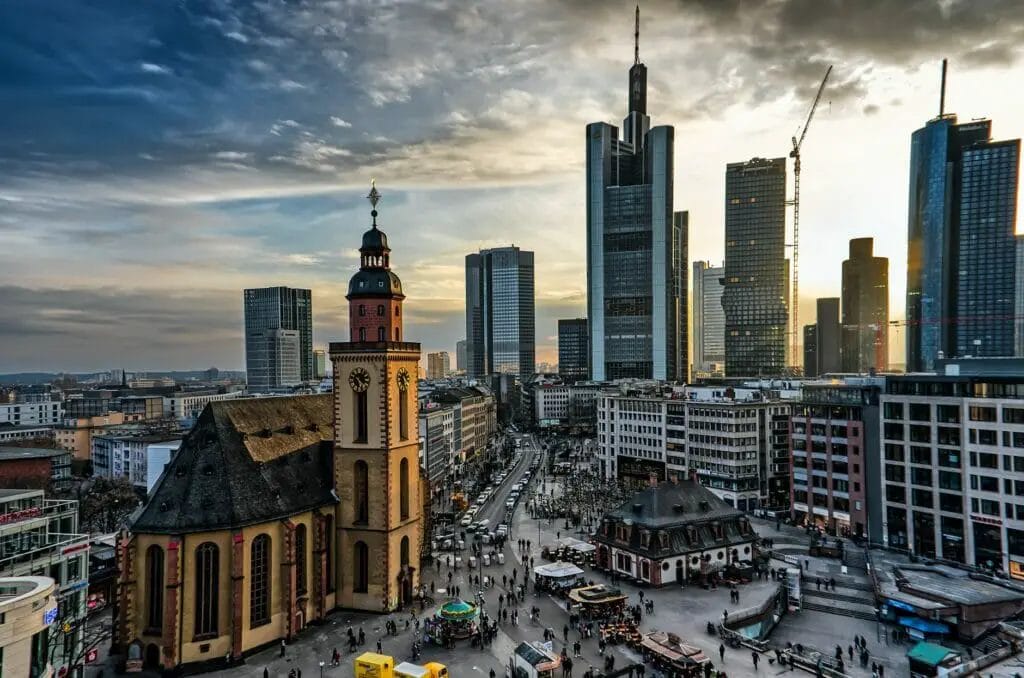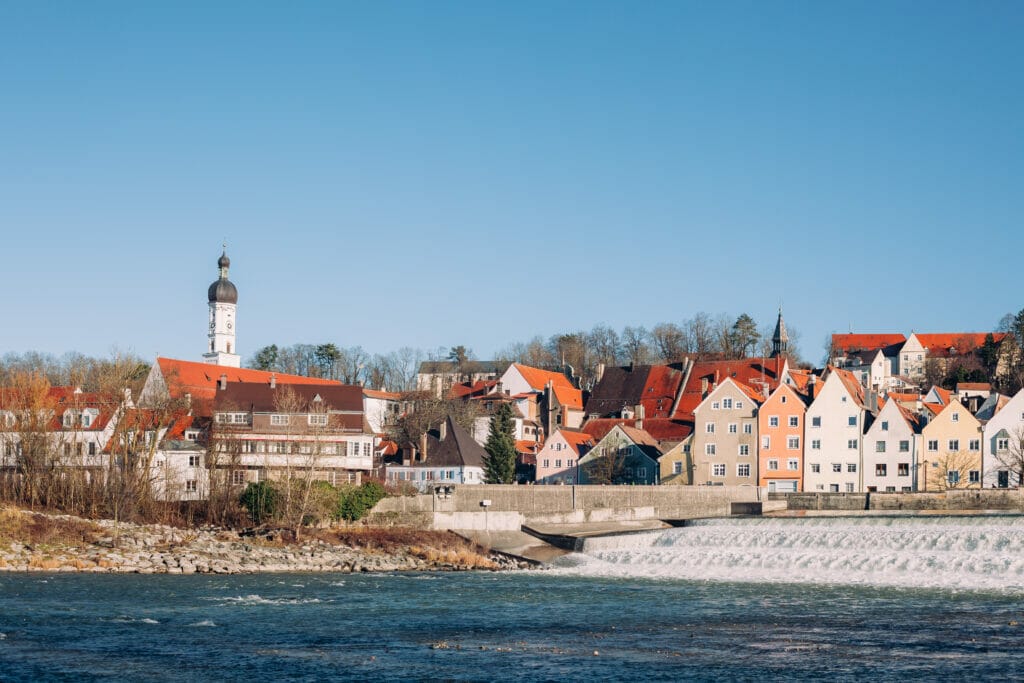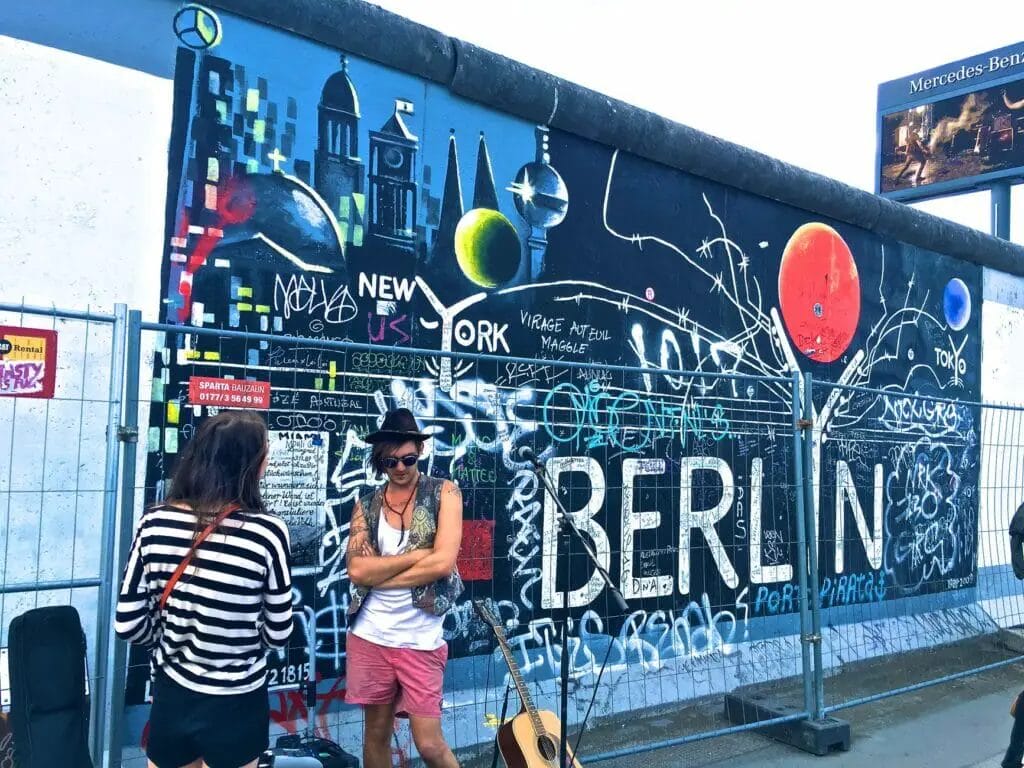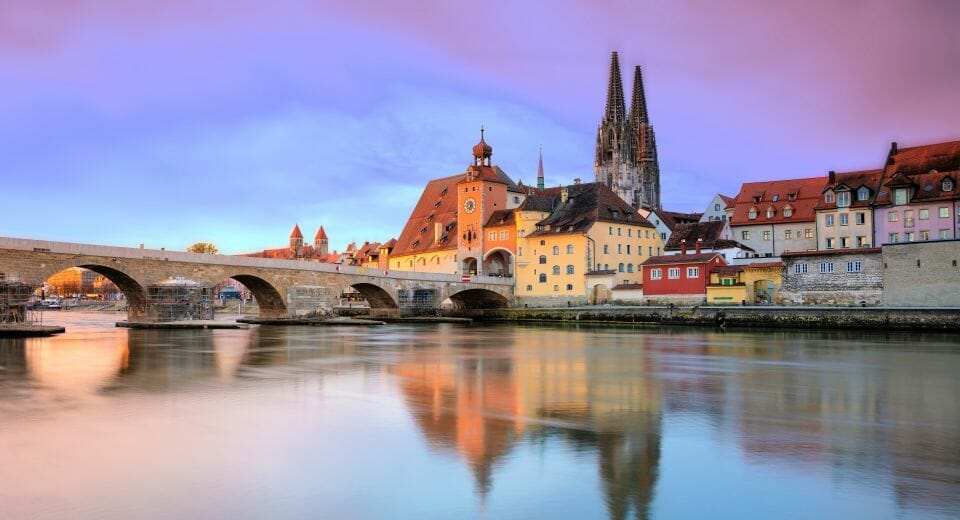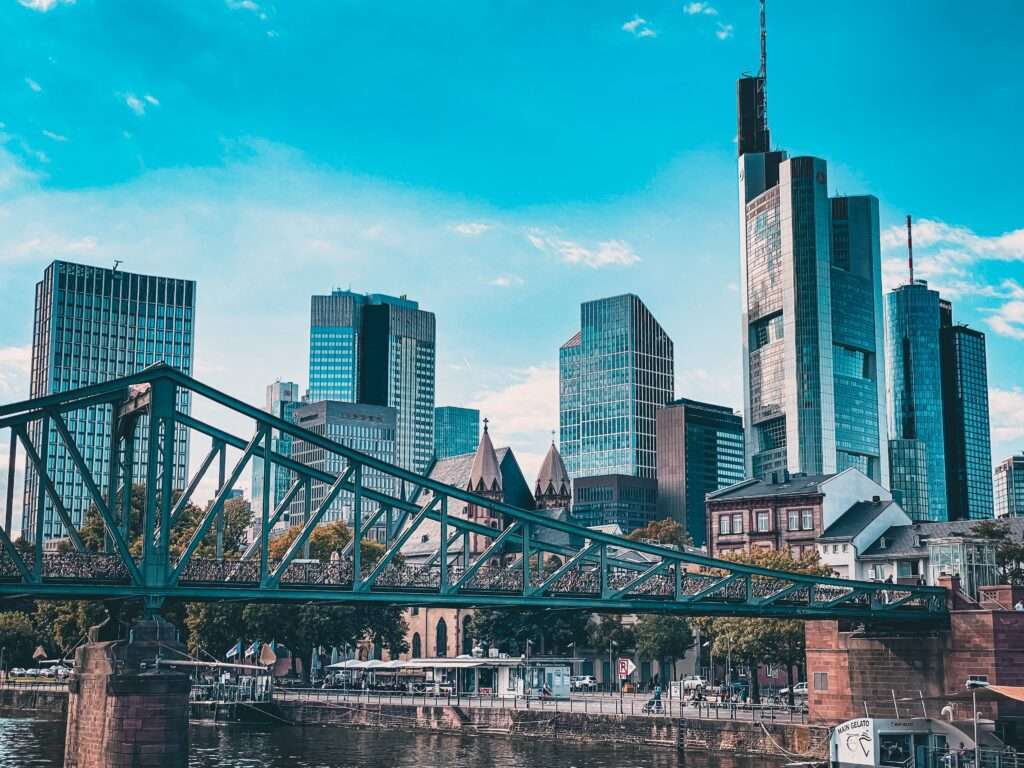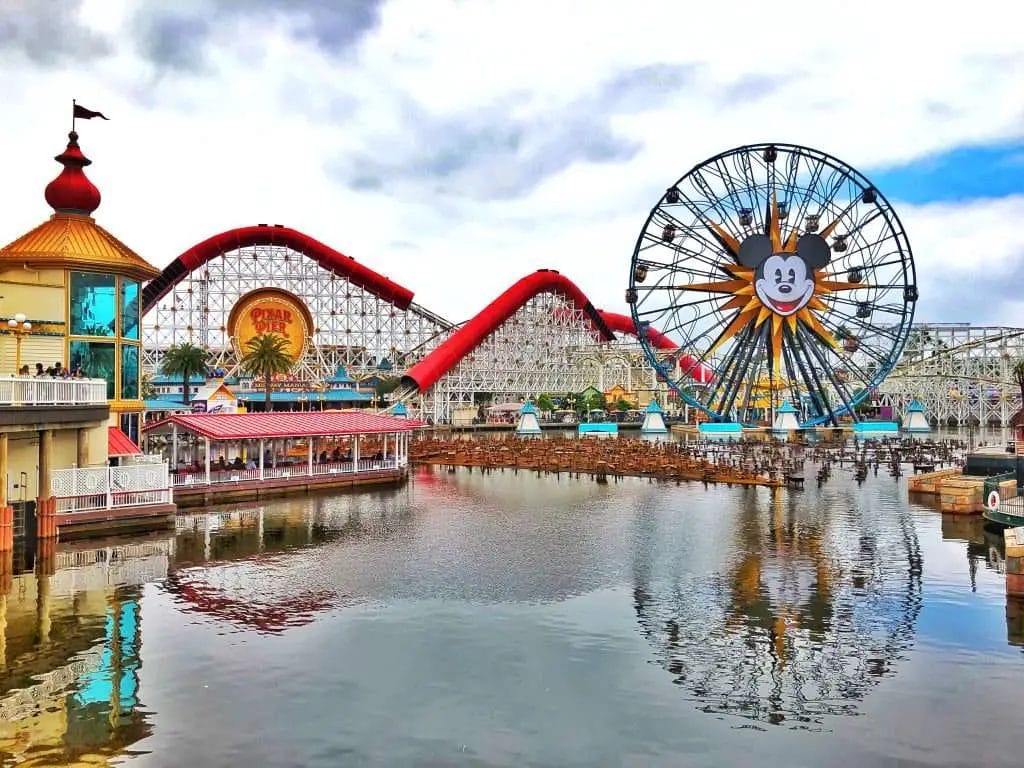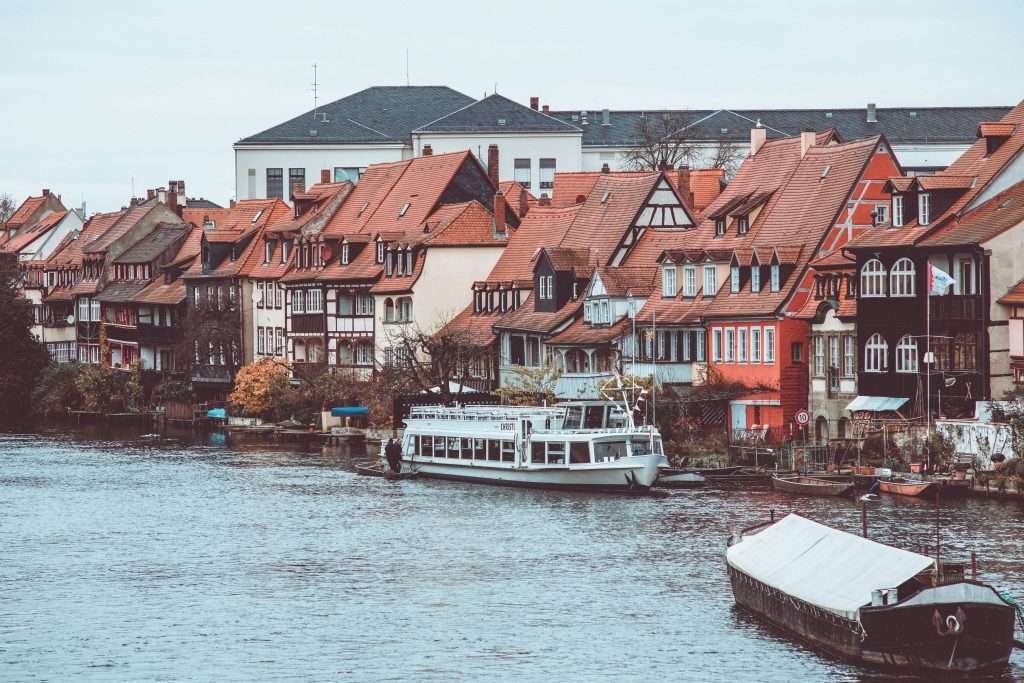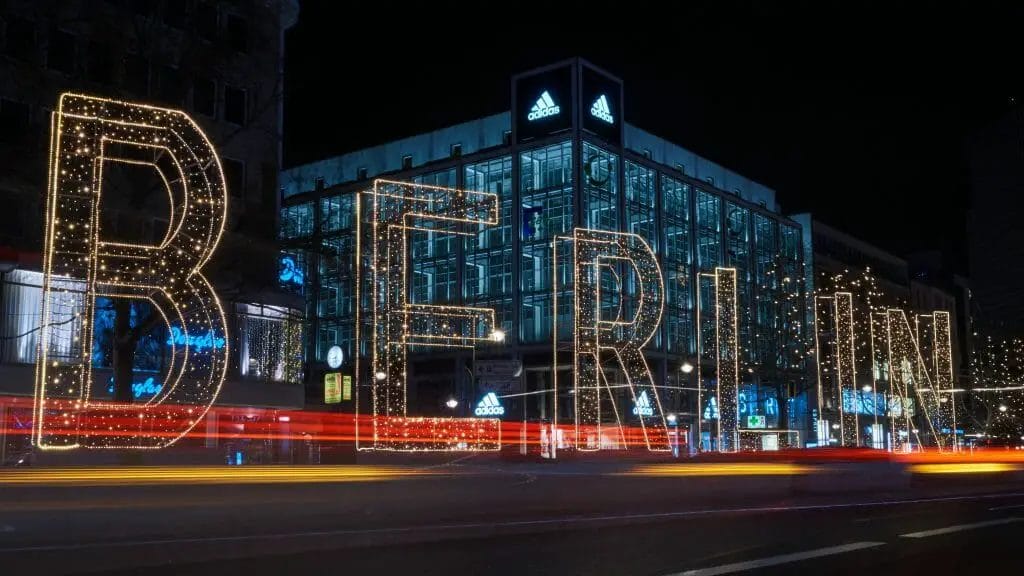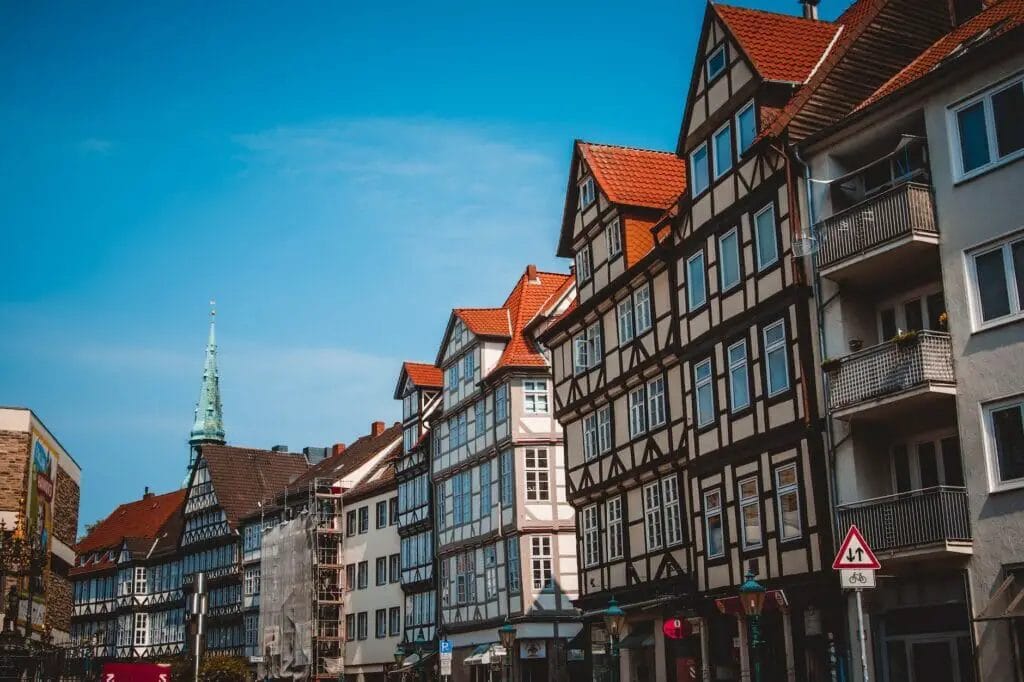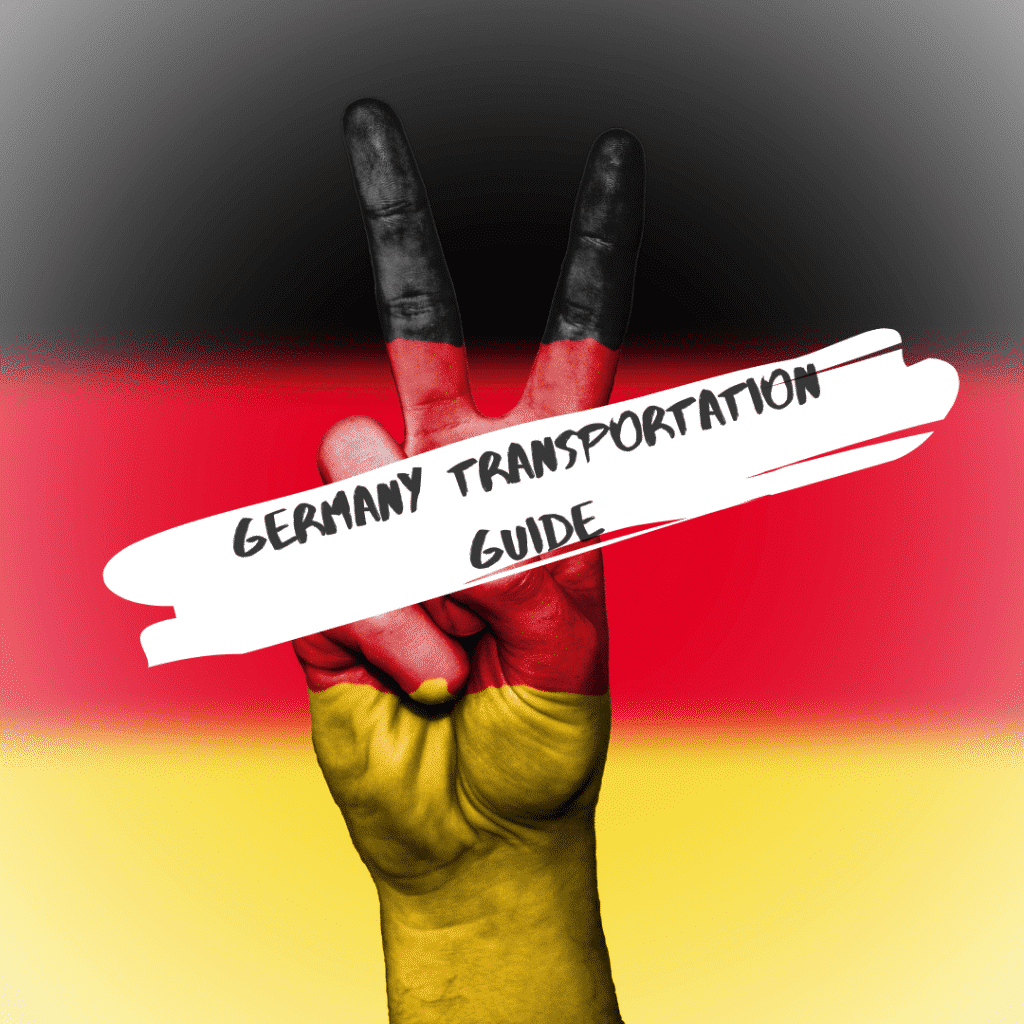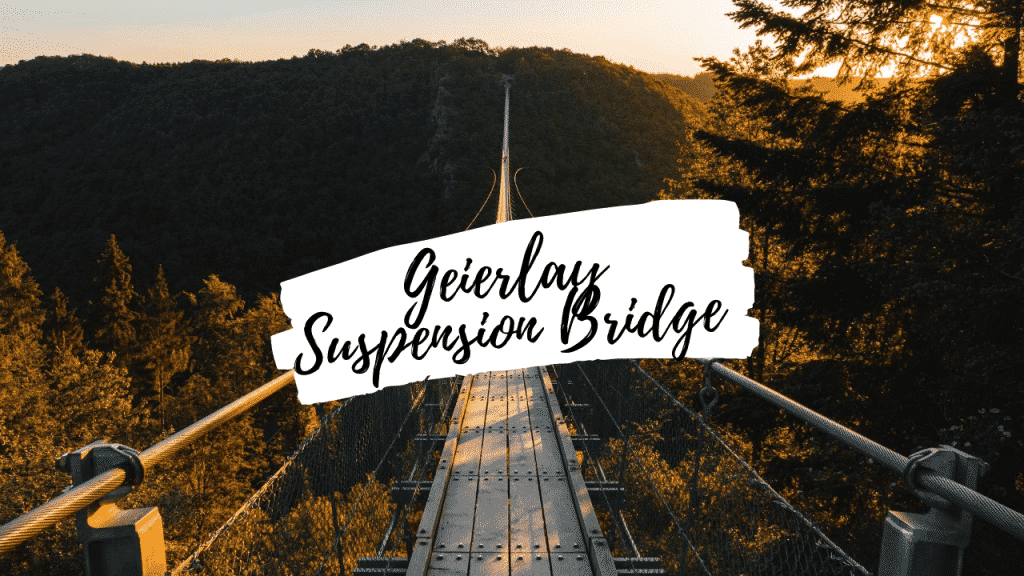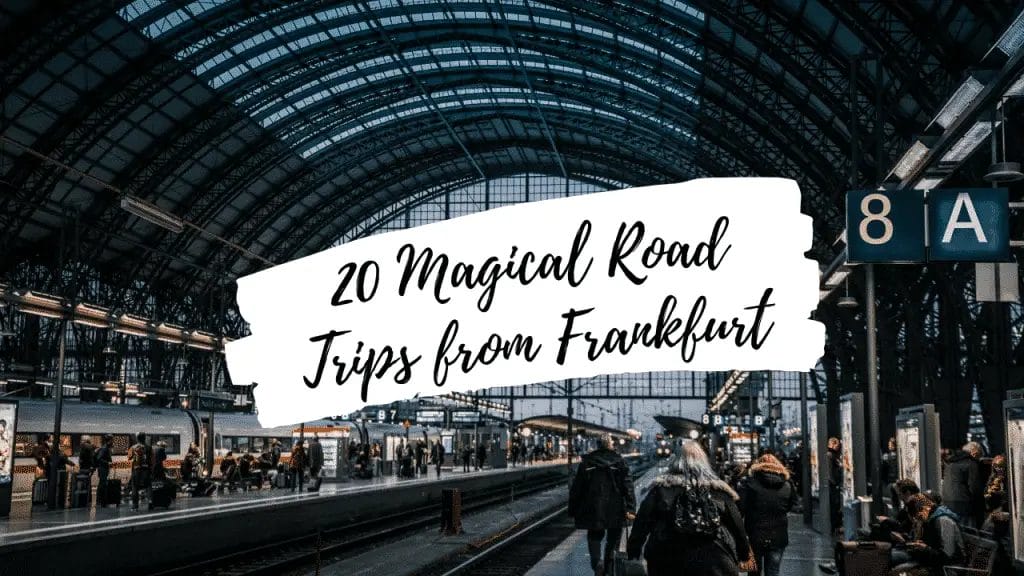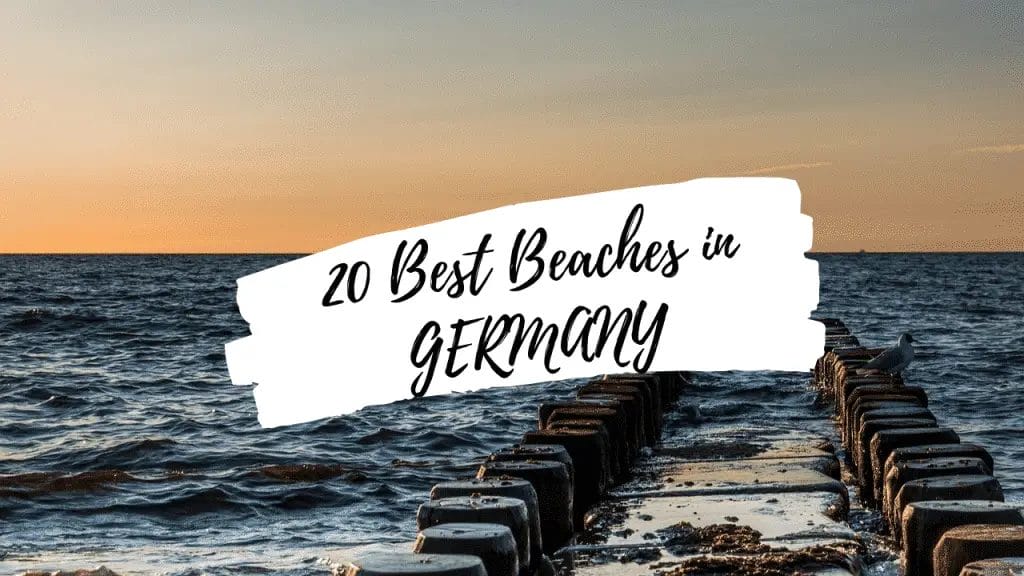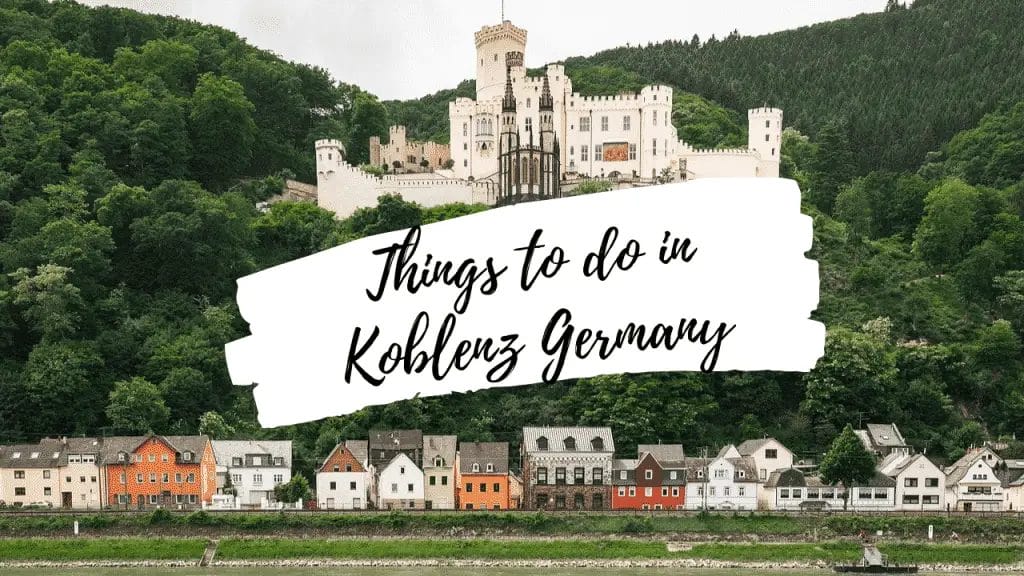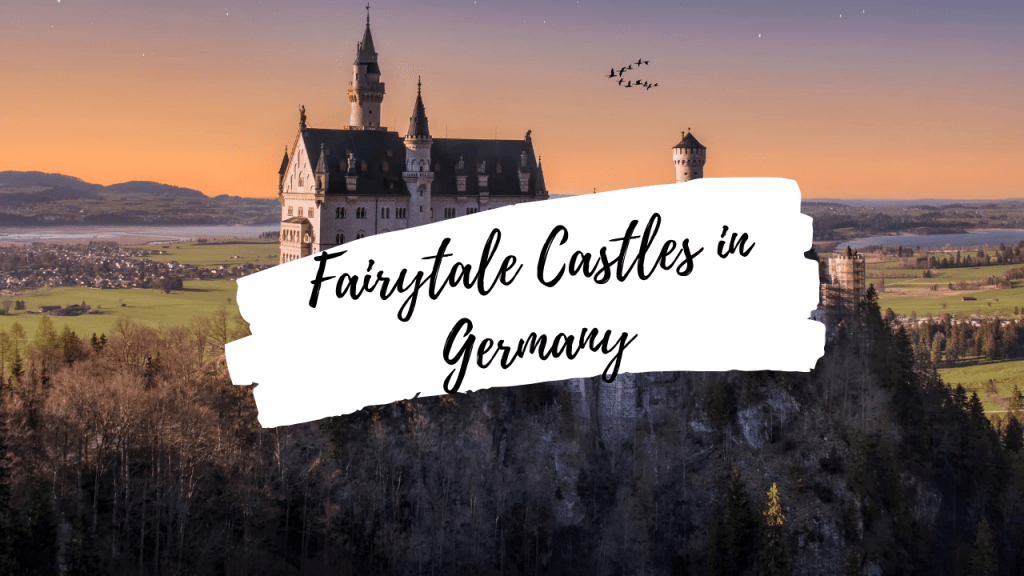GERMANY
Germany is a country in Europe that has a lot of great things to offer. It is one of the largest economies in Europe, and it has a strong economy. It is also a great place to visit, with many interesting places to see and things to do. The country has a rich history, was once a powerhouse of the European economy, and has built up a reputation as one of the best places in Europe to do business.
Germany Water Park: A Splash of Adventure
When it comes to exciting water parks, Germany stands out as a top destination for water enthusiasts. With a plethora of thrilling rides, family-friendly attractions, and crystal-clear pools, Germany offers…
Eibsee Germany Ultimate Guide for your trip
If you are planning to travel to Eibsee Germany then in this post you will find all the information you need for your trip. In Bavaria, Lake Eibsee is cult-famous…
Is Frankfurt worth visiting for your Trip?
Wondering whether or not Frankfurt is Worth visiting? Then you have come to the right article and in this post, you will find an in-depth guide to whether its worth…
Stem Cell Therapy in Germany: a revolutionary approach in healthcare
Stem cell treatment, a notable breakthrough in contemporary healthcare, is drawing increased interest worldwide. With its potential to repair affected tissues, this novel method offers new hope for those battling…
100+ Oktoberfest Puns, Phrases & Sayings for Witty Instagram Captions
Get ready to raise your steins and join in the festivities because Oktoberfest, the world’s largest beer festival, is just around the corner! This iconic Bavarian celebration is all about…
The Ultimate Guide to Top Christmas Markets in Germany
Germany is known for its traditional Christmas markets, which have been a popular feature of the festive season for centuries. With over 2,500 markets dotted throughout the country, Germany is…
Experience the Best of Oktoberfest: Free Oktoberfest Travel Guide
Oktoberfest, the world’s largest beer festival, is a vibrant celebration of Bavarian culture held annually in Munich, Germany. With its roots dating back to 1810, this iconic event brings together…
Golf in Germany: Vital Info and Best Golf Courses Guide
Explore the world of golf in Germany! From top courses and unique licensing to travel tips, discover why Germany is a must-visit golf destination.
Things to do in Singen Germany
As a city located in the southern part of Germany, Singen boasts an abundance of natural beauty, cultural landmarks, and exciting activities. Whether you are a history buff, a nature…
20 Tropical Islands in Germany for your Next Trip
While you may not mention Germany when you talk about Islands or Beaches in Germany, trust me Germany has its own fair share of beauty. In this post, we will…
How to fly drone in Germany?
If you’re looking to fly drone in Germany, it’s important to understand the rules and regulations that come with it. Drones have become increasingly popular in recent years, providing a…
Explore the Majestic Chiemsee Lake in Germany
The beautiful Chiemsee Lake, also called the “Bavarian Sea,” is a must visit place if you are living in Bayern Region of Germany. It’s easy to see why so many…
Things to do in Black Forest Germany
The Black Forest is located in southwestern Germany. It’s known for its lush forests, charming villages, and quaint towns. There are lots of things to do here, like hiking, biking,…
Top Things to do in Rudesheim am Rhein Germany
Wondering about planning a day trip from Frankfurt then how about exploring this cute place in Rhein Area? In this post you will find the top things to do in…
20 Best Day trips from Frankfurt Germany
While staying in Frankfurt, Germany for the last three years one thing which often pops up in my mind is How good this place is as per the geographic location…
15 Top Things to do during your stay in Rothenburg ob der Tauber Germany
Planning your trip to this fairy tale village then here are the top things to do in Rothenburg Ob Der Tauber during your visit.
17 Most Beautiful Lakes in Germany
Germany is a country full of stunning landscapes and breathtaking views, but have you ever explored its hidden gems? These bodies of water are not just mere sources of drinking…
Top Things to do in Konstanz Lake during your trip
If you are looking for top things to do in Konstanz Lake then in this post we are going to share that. Lake Constance – known as “Bodensee” in German…
Best Mountains in Germany to Visit
Wondering about the best mountains in Germany to visit then in this post we will be talking about the same. There’s a variety of mountains ranges in Germany with a…
Frankfurt Layover Guide
Wondering what to do during your flight Layover, then in this Frankfurt Layover Guide I will be sharing all the details you need to know about Frankfurt airport layover. Frankfurt,…
25 Most beautiful villages in Germany
If you are on the of most beautiful village in Germany then in this post we will be talking about the same. I love visiting the countryside – not only…
Best Places to visit in Berlin
If you are wondering what are the top things to do in Berlin then in this post we will talk about places to visit in Berlin in your next adventure…
Weekend Trips from Munich
In this post, I will be talking about the ultimate weekend trips from Munich. This could also be a good Day trip from Munich if you are looking for some…
Things to do Before Moving to Germany From India
If you are planning to Move to Germany from India and wondering about all things to do before moving to Germany from India then in this post I will be…
Indian Restaurants in Frankfurt Germany
If you are looking for a list of Indian Restaurants in Frankfurt Germany which you can visit then in this post we will be talking about them. Frankfurt Germany is…
30 Top Things to do in Frankfurt
Interested to know about Top Things to do in Frankfurt, We have got you covered in our this post.
10 Best Adventure Parks in Germany That Will Make Your Kid’s Summer Amazing
If you are a fan of adventure parks or amusement parks then in this post we will be covering the best adventure parks in Germany along with their cost and…
10 Great Weekend Trips from Frankfurt to try
Frankfurt is a major European banking and finance center. In this post, we will cover all the options for Weekend Trips from Frankfurt within Germany. The city’s skyline is shaped…
Places to Travel During Summer in Germany
Germany is a beautiful country that has amazing landscapes, sophisticated culture, and a diverse history. It’s also one of the safest countries in Europe. In this post we will list…
25 Exciting Day Trips from Berlin
In this post we will be checking the awesome day trips from Berlin to get one day adventure and much needed break from your day to day life.
12 Reasons Why Moving to Germany From India Might Not Be For You
12 Reasons why Moving to Germany is not for you a post which is going to explain about the German life.
Indian Stores Online in Germany
In this post, we will be covering the Indian Stores online in Germany from which you can buy your monthly groceries with ease. We all have been struggling during the…
Cheap Ways to Travel Around Germany | Transportation Guides
Trains in Germany and looking for cheap ways to travel around Germany. Details of Travel Passes and Tickets like Single Ticket, Group Ticket, Special Ticket, Day Pass, Weekly pass and…
Day trip to Geierlay Suspension Bridge – Fall in love with Nature
We all have been going through this state of dilemma whether we should travel or during this state of Pandemic. While the case of Cornavirus has decreased in Germany, People…
20 Magical Road Trips to take from Frankfurt, Germany
The ultimate list of day trip and road trips from Frankfurt, Germany. This includes cross border travel along with stunning places within Germany (Aug 2020)
30+ Gorgeous Beaches in Germany
Looking to take a beach holiday? Why not give Germany a try! It might not be a tropical paradise but the Baltic Sea beaches’ powder-sugar sand is a perfect side…
10 Awesome Things to do in Koblenz Germany
If you are within Germany and you are looking tired of staying at home and want to take a stroll and satisfy your itchy feet. Then in this post we…
Top 14 Fairytale Castle in Germany to leave you awestruck
Every thought about how your dream castle from the Fairytale is going to look like, In this post, we will be covering the absolute beauty which is present in…
Ads Starting
Post Continues
Booking for Germany on Discount
If you want more options around Booking in Germany then you should check our Resources Page which has even more options for you to plan your trip to Germany.









